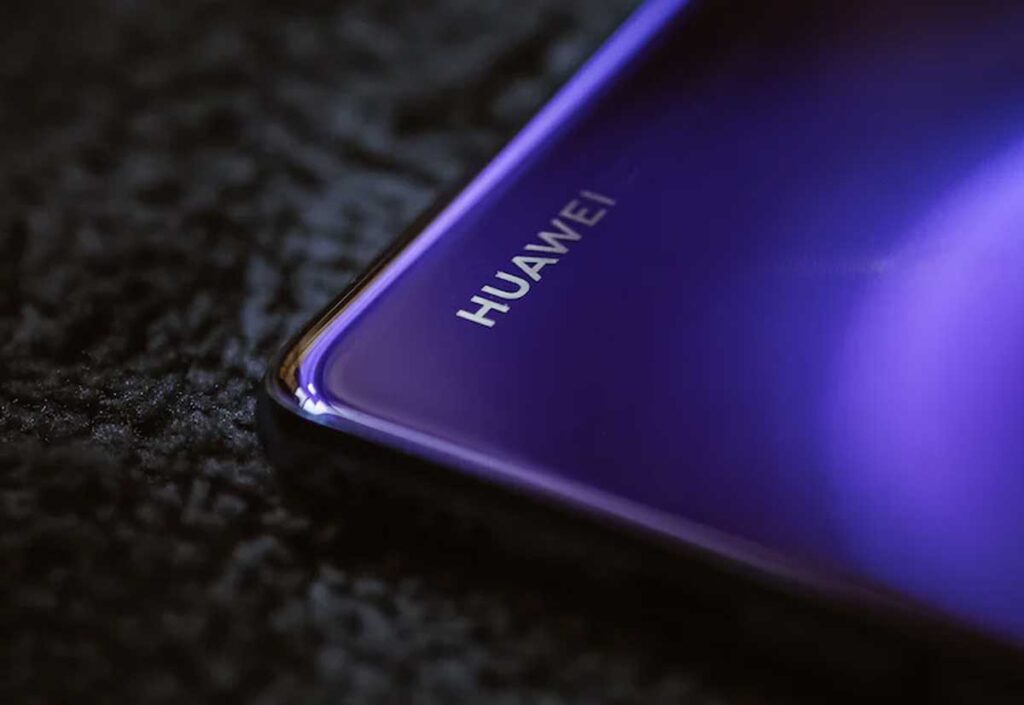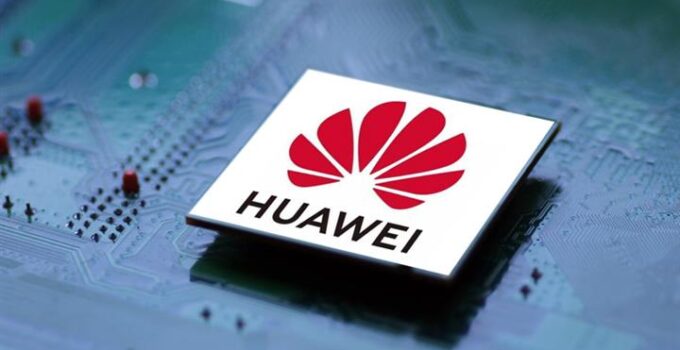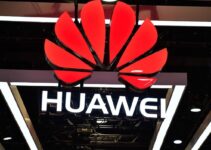Huawei Advances Toward Self-Sufficiency with Autonomous Chip Production Network. Huawei is making significant strides in its quest for technological independence with the development of an autonomous chip production network. This initiative, primarily in response to the US import ban, marks a crucial step in the company’s evolution, particularly highlighted by its in-house 7nm 5G processor.
Google Chrome Update Resolves Key Security Vulnerabilities
A 2019 investment fund initiated by the Shenzhen city government is playing a pivotal role in aiding Huawei’s ambitious project. This support is creating a self-sufficient ecosystem for chip manufacturing, a critical aspect of Huawei’s strategic plan to mitigate the impact of international sanctions.
Central to this endeavor is Huawei’s collaboration with SiCarrier, a company with three subsidiaries essential in developing advanced lithography machines. Lithography, especially in the high-quality extreme ultraviolet (EUV) range, is a key technology in chip manufacturing, historically imported into China but currently restricted due to sanctions from the United States, the Netherlands, and Japan.
Huawei’s relationship with SiCarrier is notably symbiotic. The tech giant has transferred approximately a dozen patents to SiCarrier and integrated its top engineers into Huawei’s operations, indicating a deep, collaborative partnership.

Bloomberg reports that Huawei has recruited several former employees from ASML, a Dutch company renowned for its lithography expertise, to further its chip manufacturing capabilities. This talent acquisition has contributed to the development of the SMIC-manufactured 7nm HiSilicon Kirin 9000S processor. While still trailing behind the leading competition, such as Apple Silicon’s 3nm process, it narrows the technological gap significantly.
Huawei’s endeavor to establish a localized business network for chip manufacturing is not just about reducing reliance on imported components. It positions the company to potentially lead the Chinese chip industry, a crucial advantage in sectors increasingly reliant on advanced chip technology, such as electric vehicles and artificial intelligence.
Despite these advancements, Huawei maintains that it has not received government assistance in achieving this milestone. This claim highlights the company’s commitment to self-reliance and innovation in the face of global supply chain challenges.



